Unlocking the secrets of effective learning can transform your educational journey and career. It’s not just about cramming information into your brain before a big test—it’s about adopting strategies that make learning an enjoyable and successful process.
Whether you’re a student striving for academic excellence, a professional seeking to stay ahead in a rapidly evolving job market, or a lifelong learner with an insatiable curiosity, understanding how to learn effectively is crucial. This article will explore the science-backed strategies and innovative techniques that can help you master the art of effective learning. Let’s embark on this journey to unlock your full learning potential.
Effective Learning
Effective learning isn’t a mystery. It’s a process driven by scientifically established principles and techniques.
The Importance of Effective Learning
Effective learning provides more than a pathway to academic accomplishment. It cultivates life abilities, fuels curiosity, and shapes the foundation for future career advancements. Embracing it, therefore, transcends conventional examination success, affecting a person’s holistic growth and life trajectory.
Core Principles of Effective Learning

At the crux of effective learning, there are four key principles. Firstly, active engagement which encourages the learner’s involvement in the process. Secondly, the practical application of knowledge which solidifies understanding. Thirdly, timely feedback as a tool for continual improvement. Lastly, learning infused with variety and challenge to stimulate interest and promote resilience. These act as essential ingredients, concocting a healthy learning environment and magnetic learning experience.
Strategies for Effective Learning
Embarking on the journey to effective learning, two strategies warrant special attention: active learning techniques and cooperative learning strategies.
Applying Active Learning Techniques
In active learning, learners immerse themselves in tasks, engage their critical thinking skills, and forge solutions hands-on. For example, encouraging students to participate in classroom discussions allows them to actively absorb, digest, and apply new concepts. Involvement in such activities harps on the importance of application—tying theoretical knowledge to practical scenarios, making the learning process meaningful and profound.
Incorporating Cooperative Learning Strategies

Cooperative learning strategies involve working collaboratively towards a common goal. Here, learners group together to brainstorm, discuss, and develop solutions. For instance, engaging in project-based tasks aids in the stimulation of creativity, negotiation skills, and an appreciation for diverse perspectives. This approach fosters a sense of community among learners, cultivating teamwork, and deepens understanding through exposure to multiple cognitive processes.
The Role of Memory and Retention in Effective Learning
This section explores the significant role that memory and retention play in effective learning.
Enhancing Memory through Learning Techniques
Memory, a vital cog in the learning wheel, benefits greatly from specific techniques. Spaced repetition, one such technique, involves rehearsing information at increasing intervals. In doing so, this method leans on the psychological spacing effect, facilitating more robust memory formation. Tests and quizzes play a pivotal role too. These tools press learners to retrieve information, hence, making memories stronger over time.
The Memory-Learning Connection
A strong correlation exists between memory and learning. Essentially, memory serves as the glue that connects learning past to present. For example, understanding advanced scientific theories hinges on the memory of foundational science concepts. Consequently, effective learning requires not just acquiring information but also effectively retrieving it when necessary. Thus, mastering memory techniques contributes significantly to enhancing the learning process.
The Secrets of Effective Learning

Effective learning isn’t just about passing tests—it’s about enjoying the process and fostering life skills. It’s a science-backed journey that fuels curiosity and paves the way for future career advancements. Remember, it’s not a mystery but a process grounded in principles like active engagement, practical application, timely feedback, and a challenging, diverse learning environment.
Active learning techniques and cooperative strategies play a critical role in this process, promoting critical thinking and a sense of community. They make learning more meaningful and impactful. But let’s not forget the role of memory and retention. Techniques like spaced repetition and quizzes are essential for memory formation and retrieval. They reinforce the fact that learning isn’t just about acquiring information—it’s about being able to recall it when needed. So, let’s embrace these principles and strategies to unlock our full learning potential and enrich our educational and career journeys.

